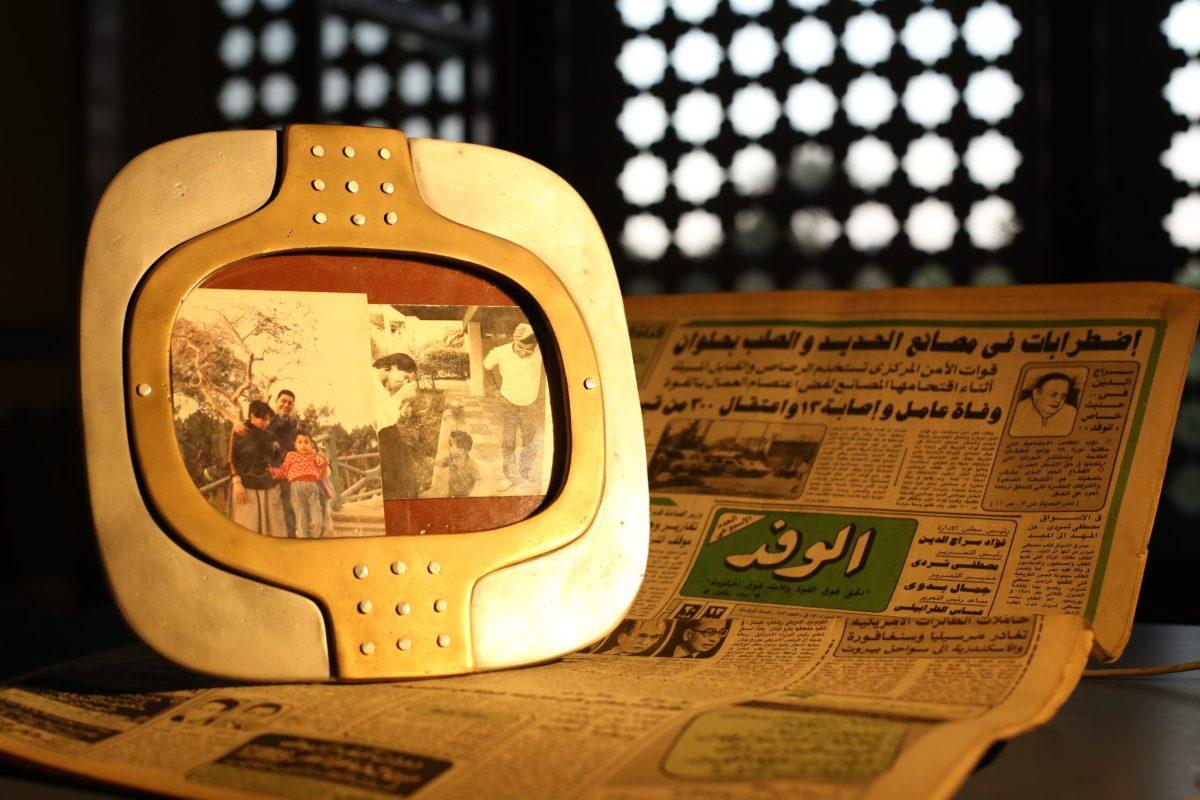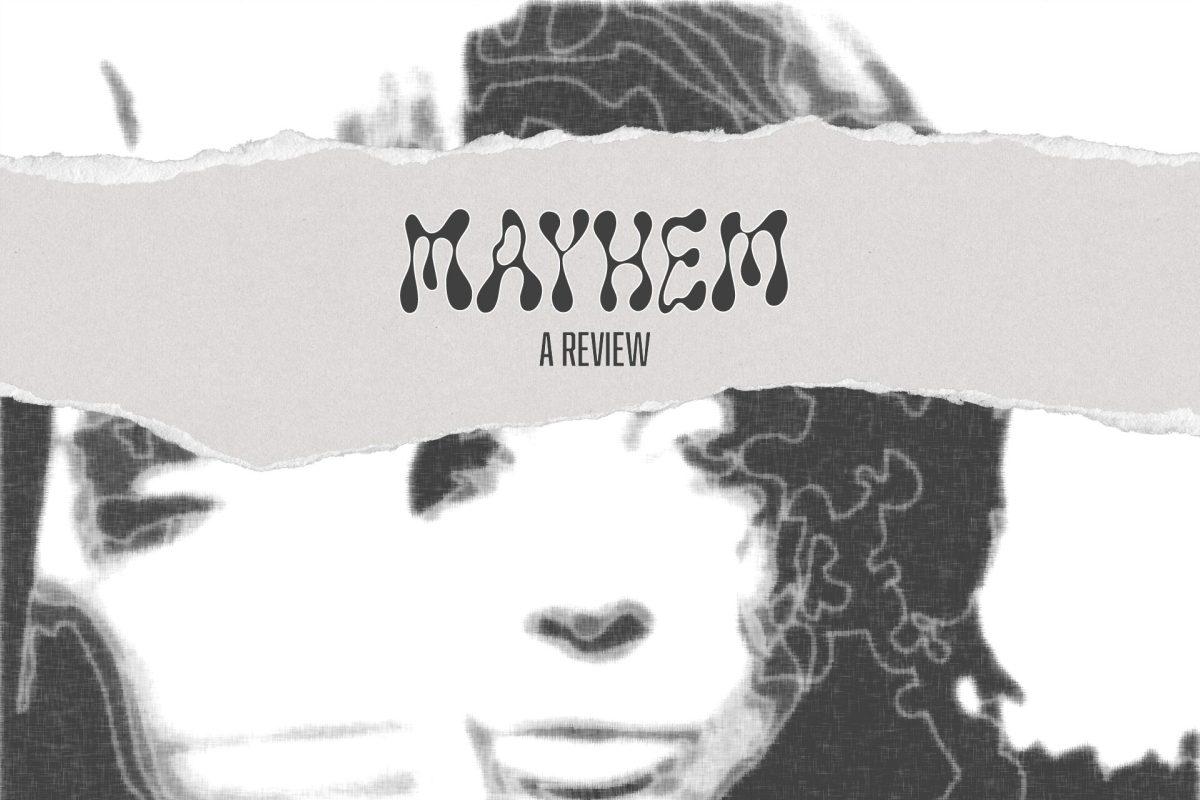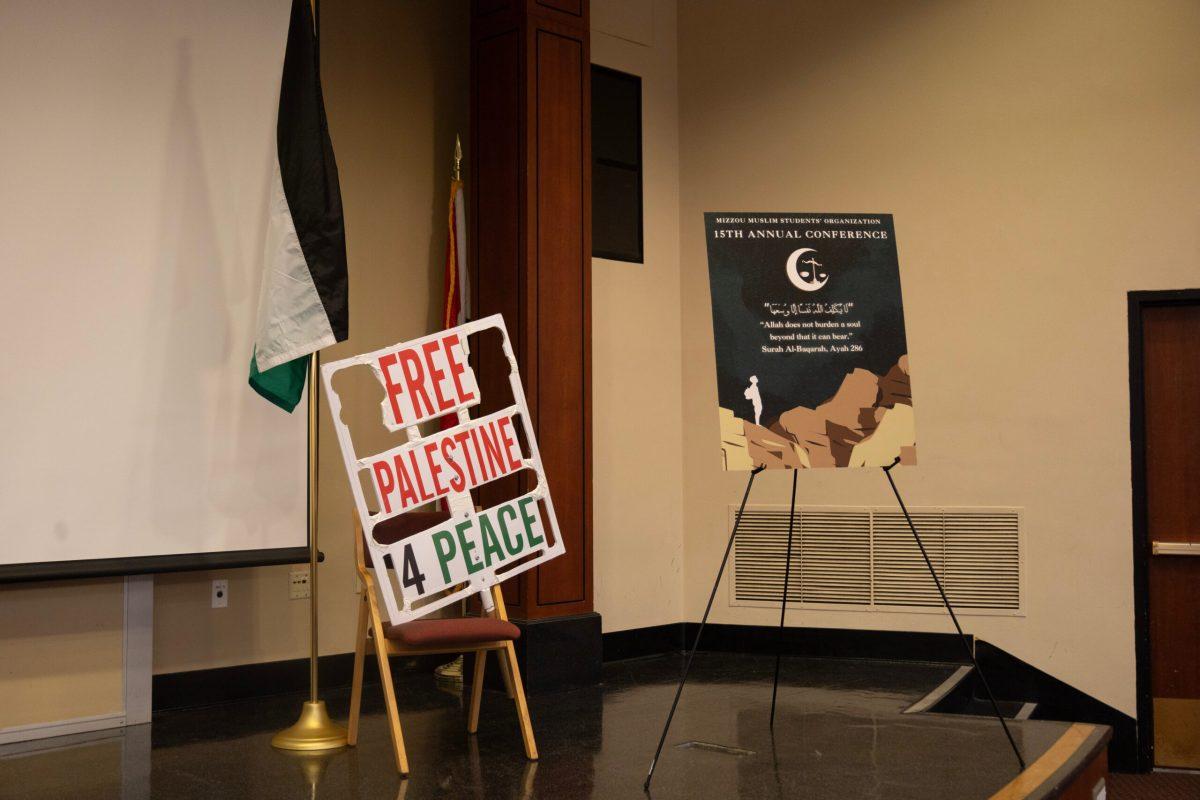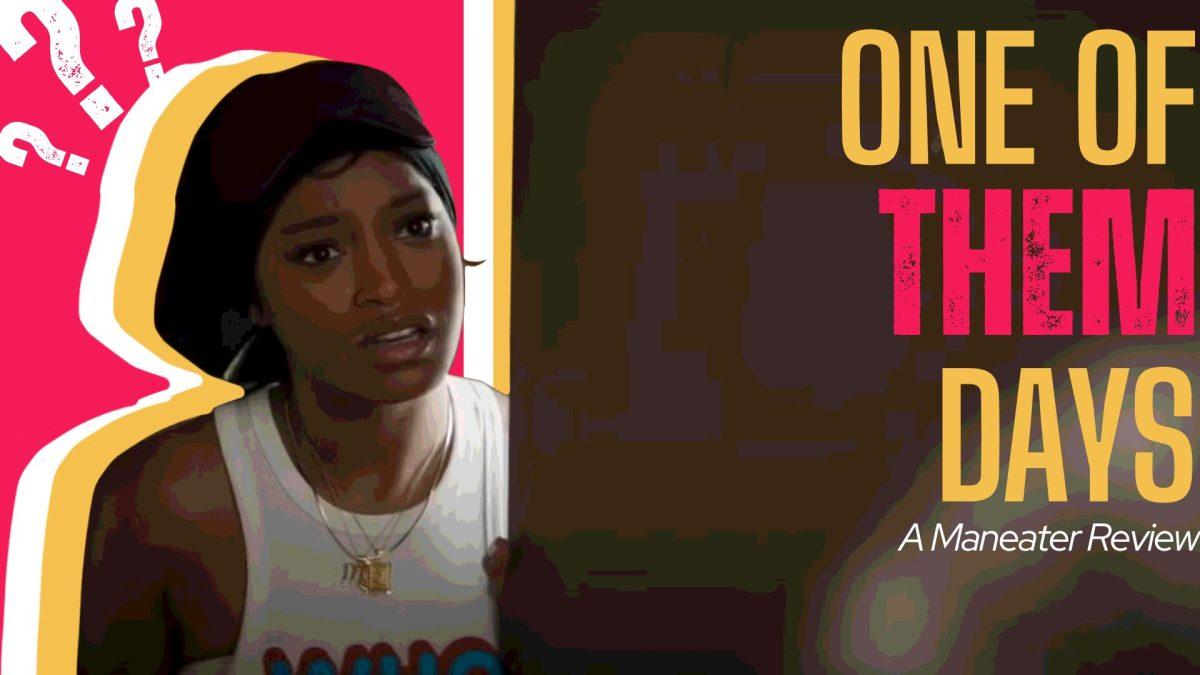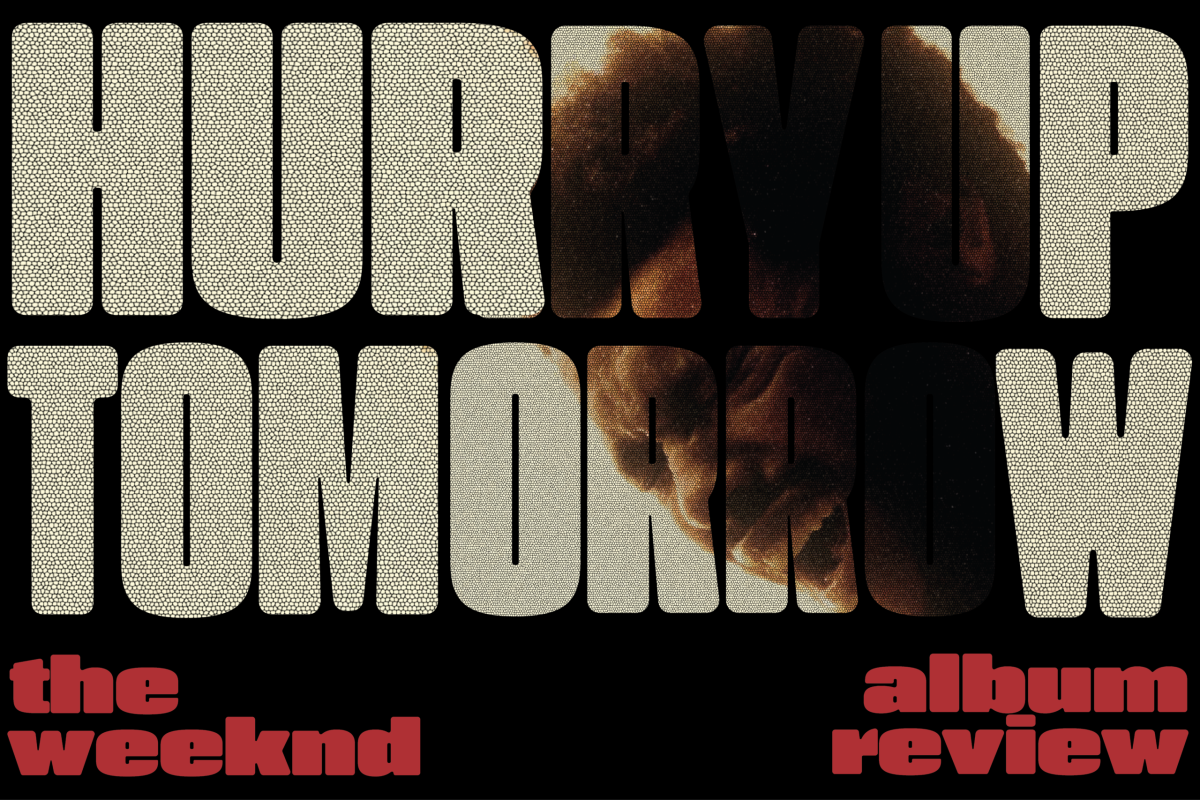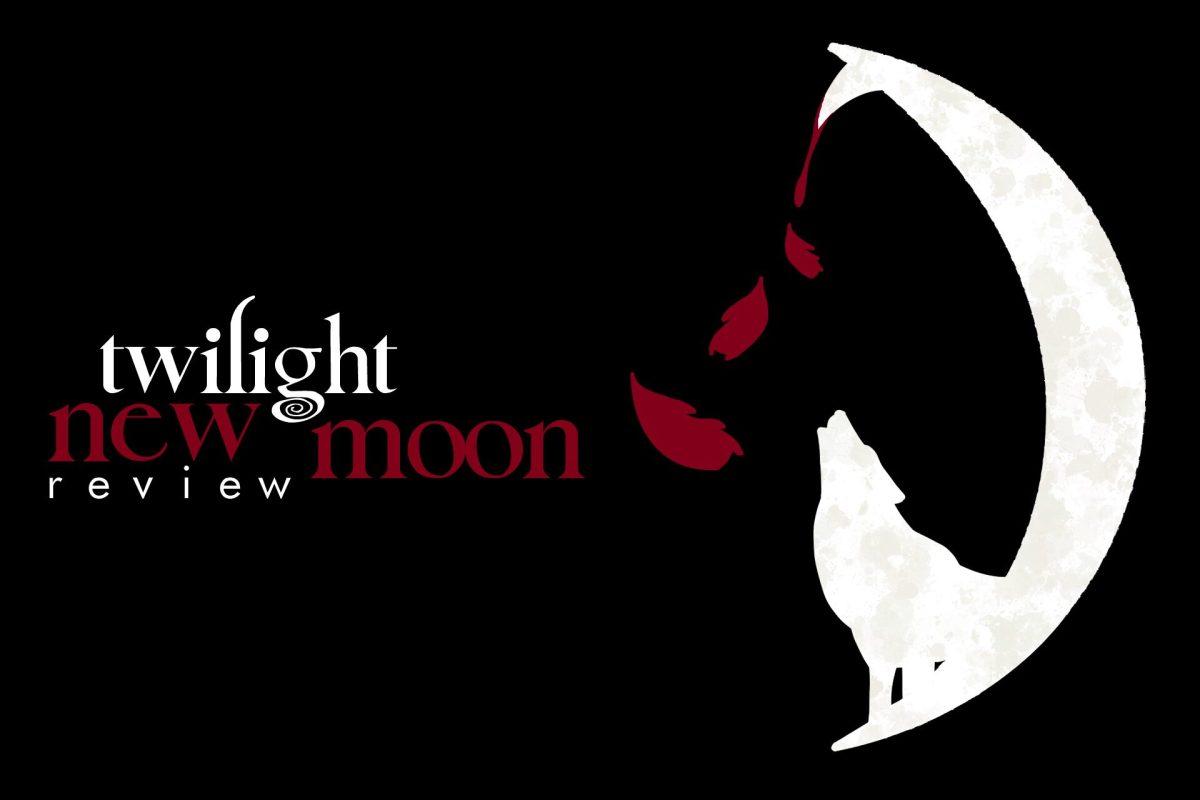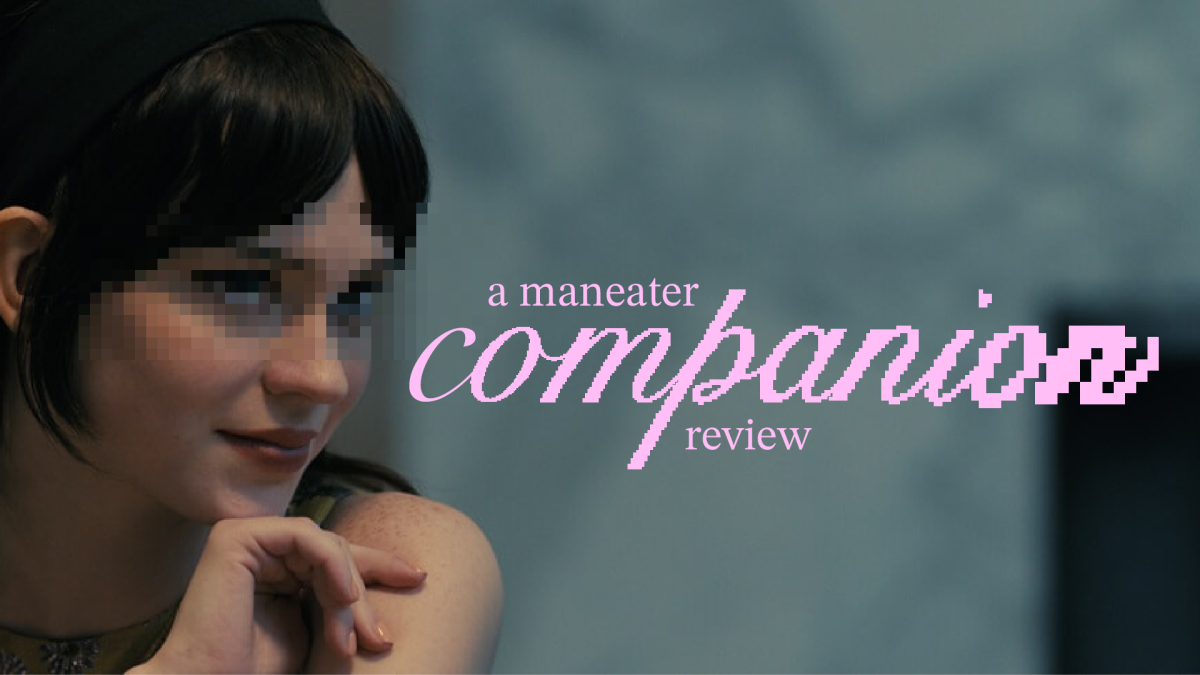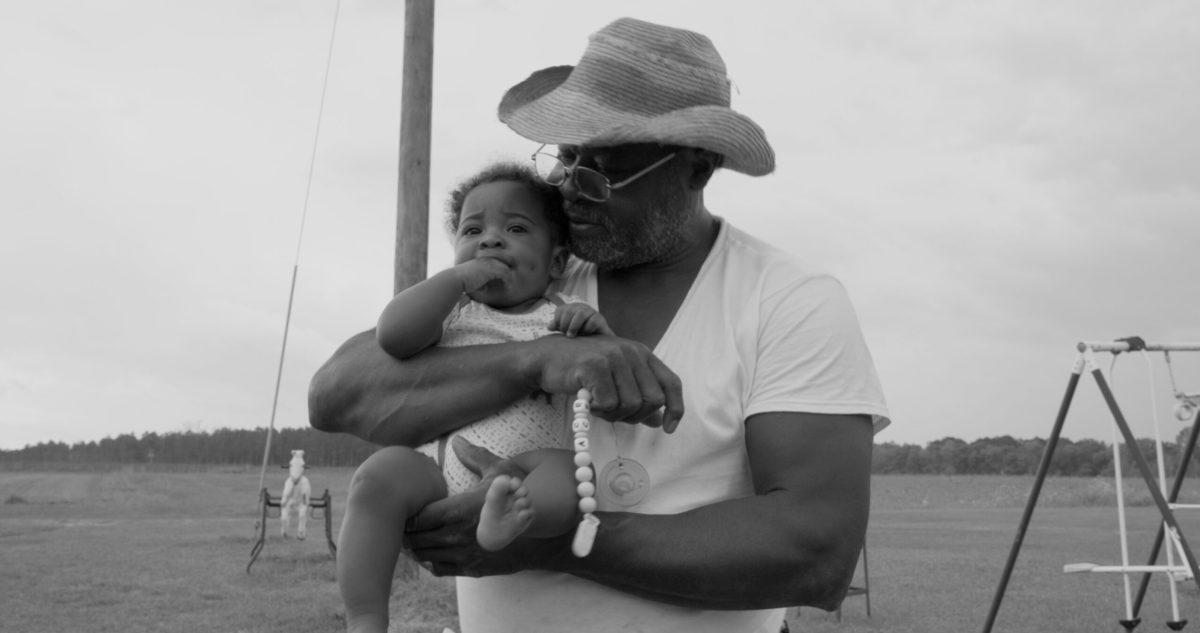The documentary illustrates how the scars of past violence continue to haunt families across generations
In a bittersweet exploration of a father-son relationship evolved through time, Bassam Mortada’s “Abo Zaabal 89”, shown at True/False Film Fest, showcases the realities of growing up under an oppressive regime, paralleling Egypt’s tumultuous history with his family’s emotional journey.
In August 1989, Mahmoud Mortada, Bassam’s father, was taken from their home by law enforcement officials in the middle of the night. Imprisoned and tortured at Abu Za’abal, a complex of prisons in Egypt known for its inhumane conditions and mistreatment of prisoners, Mahmoud suffered great psychological and physical pain.
Despite his release a few years later, Mahmoud’s trauma from his time in prison consumed his life; to have his spirit and hope be so violently crushed led him to have an almost apathetic view of the world. Fardous, Mahmoud’s wife and Bassam’s mother, is disappointed to see that Mahmoud’s response to being released isn’t to reconnect with his family, but instead a wish to leave Egypt. After Mahmoud departs to Vienna, Bassam and Fardous are frustrated with him for leaving them and grieve the man they lost in Abu Za’abal.
Immersive in its visual components, the film applies different techniques to fully recreate the trauma that Mahmoud’s time in prison had on him and those close to him. Fragmented memories of Bassam’s childhood blend with audiovisual elements and archival footage. Interviews with Mahmoud’s friends and people he was imprisoned with are juxtaposed against grainy recreated projections of that harrowing time.
Additionally, Fardous and Bassam go through old cassette tapes they received from his father’s days in Vienna, trying to piece together their fractured past. Although Bassam’s younger self thought of the tapes as a lifeline to a father abroad, they now represent the current state of their relationship: a strong attachment that is now merely kept alive through revolutionary kinship.
Raised by parents who were outspoken in their socialist activism, Bassam grew up in the shadow of their fight for justice and freedom from the dictatorship in Egypt. This experience shaped his own participation in the Arab Spring, a series of pro-democracy uprisings across the Arab world that began in late 2010, challenging authoritarian regimes. But his activism, like his father’s, led to a deep disillusionment of the effectiveness and abilities of their activism, especially as Egypt remained mired in political dysfunction.
Most notable of the different techniques used, Bassam recreated his father’s prison cell, acting out the different memories Mahmoud describes. In doing so, Bassam confronts the cyclical nature of generational trauma; his attempt to retell and understand his father’s pain results in him reliving it, absorbing its emotional weight in the process. The echoes of Mahmoud’s life in prison — mud-caked floors, the sounds of broken glass and bodies being beaten — are brought to life, not just as historical retellings but as haunting, visceral experiences that leave an indelible mark on Bassam.
One chilling scene depicts Mahmoud’s first bath in days, where he stands in a trough of murky water, an image that amplifies the dehumanizing conditions of his captivity. These recreations, though meant to explore Mahmoud’s trauma, ultimately intertwine with Bassam’s own, painting a fuller, more realistic picture of the generational toll these events have taken on his family.
The film’s use of these immersive techniques highlights the shared experience of children who grow up in the shadow of parental trauma. In interviews with Mahmoud’s former cell mates, their own children echo Bassam’s experience, expressing similar sentiments of resenting the emotional distance of their fathers while empathizing with their suffering.
The cultural expectation that men have to remain emotionally stoic, even during adversity, only compounds this trauma. As Fardous recalls a moment when Mahmoud broke down in uncontrollable sobs, and as his friends tearfully describe being tortured, it becomes clear how deeply these mens’ experiences at Abu Za’abal fractured their sense of self and their ability to reconnect with their families. This emotional repression ripples through generations, leaving children like Bassam and others to reconcile their resentment with an understanding of the unbearable burdens their fathers endured.
The film’s exploration of generational trauma extends beyond Bassam’s personal story to reflect a larger historical context: Egypt’s political landscape has long been marked by corruption, repression and failed revolutions. Seemingly, this cycle of oppression has taken an immense toll on the collective psyche of the Egyptian people, creating a pervasive sense of disappointment and loss.
This experience of grief — of being unable to safely exist in one’s own country — disrupts lives in ways that extend far beyond the immediate moment. The film captures this enduring pain, illustrating how political repression permeates family life and leaves lasting wounds.
In the end, “Abo Zaabal 89” becomes not just a personal reckoning for Bassam but a reflection of the intergenerational impact of state violence, offering both a deeply felt account and a broader narrative resonating with all whose families have been shaped by the brutal forces of history.
Edited by Molly Levine | mlevine@themaneater.com
Copy edited by Emma Short | eshort@themaneater.com
Edited by Emilia Hansen | ehansen@themaneater.com
Edited by Annie Goodykoontz | agoodykoontz@themaneater.com

